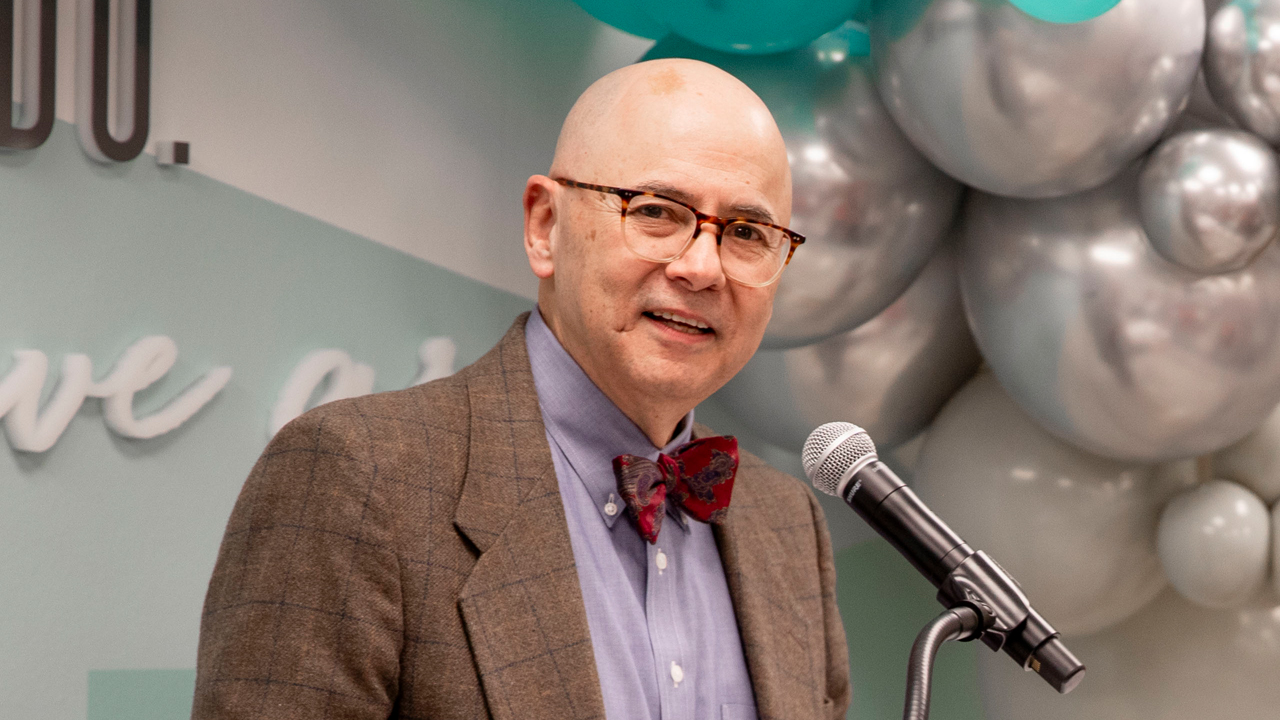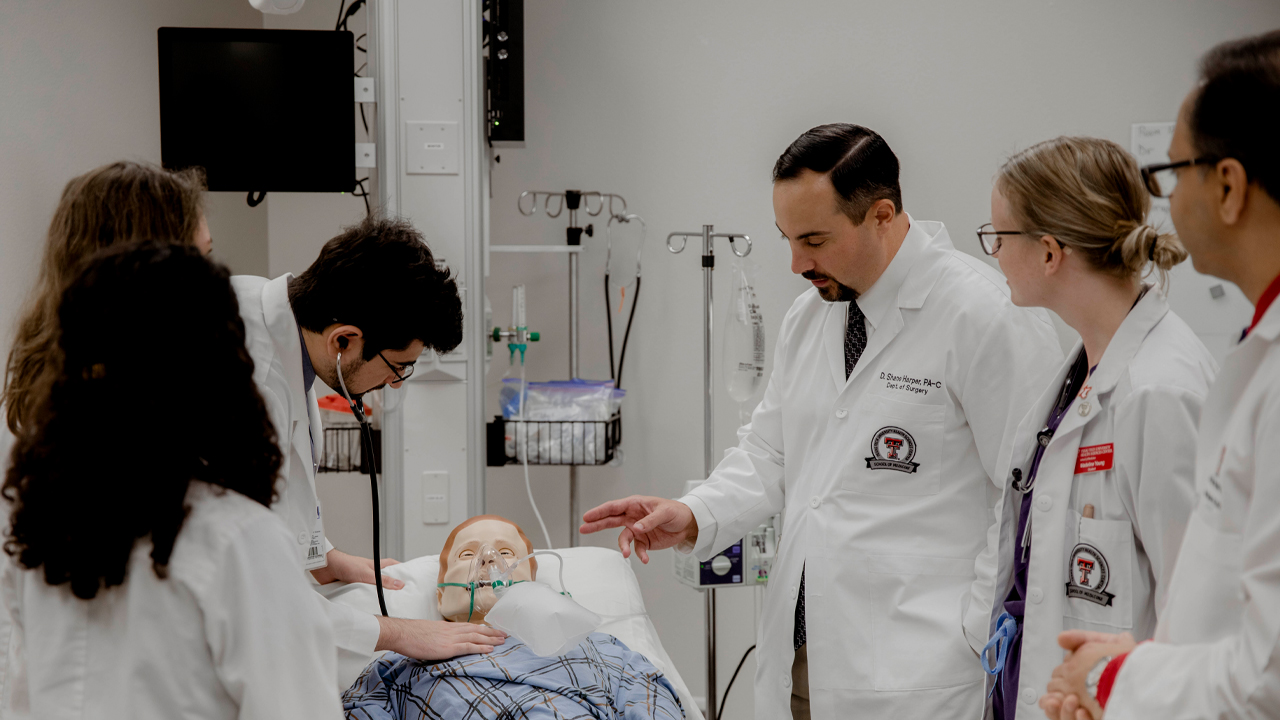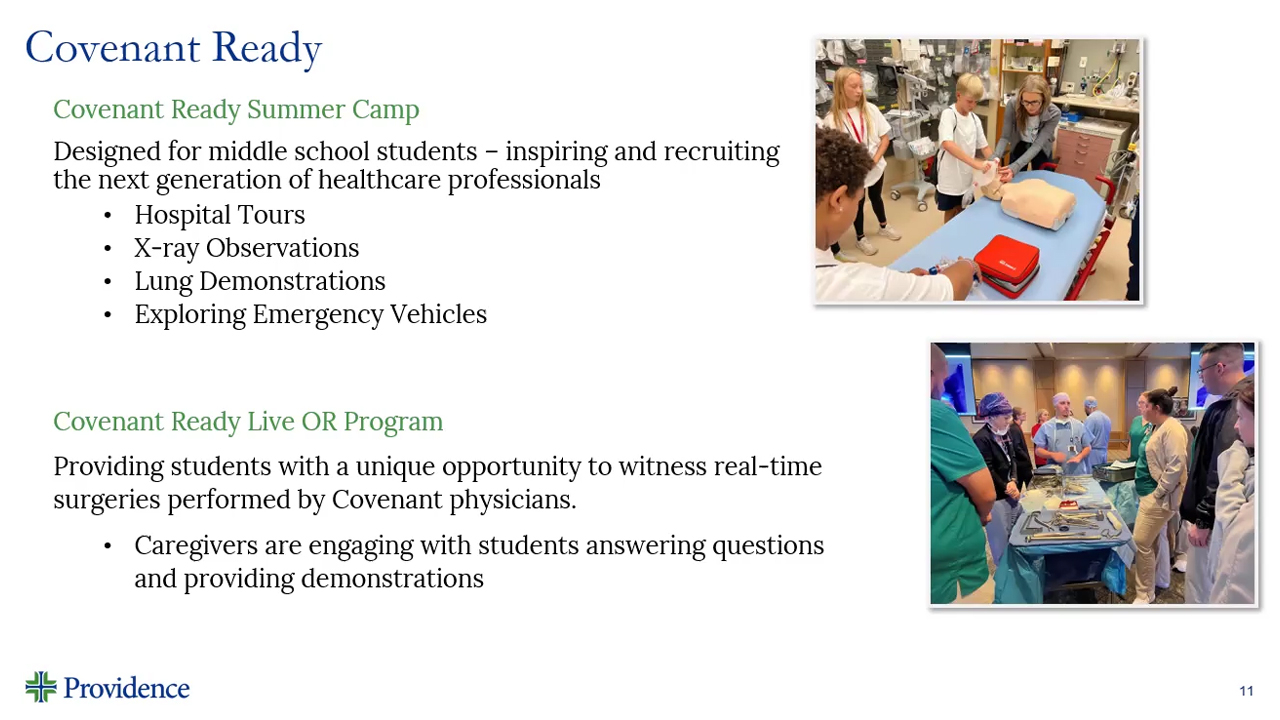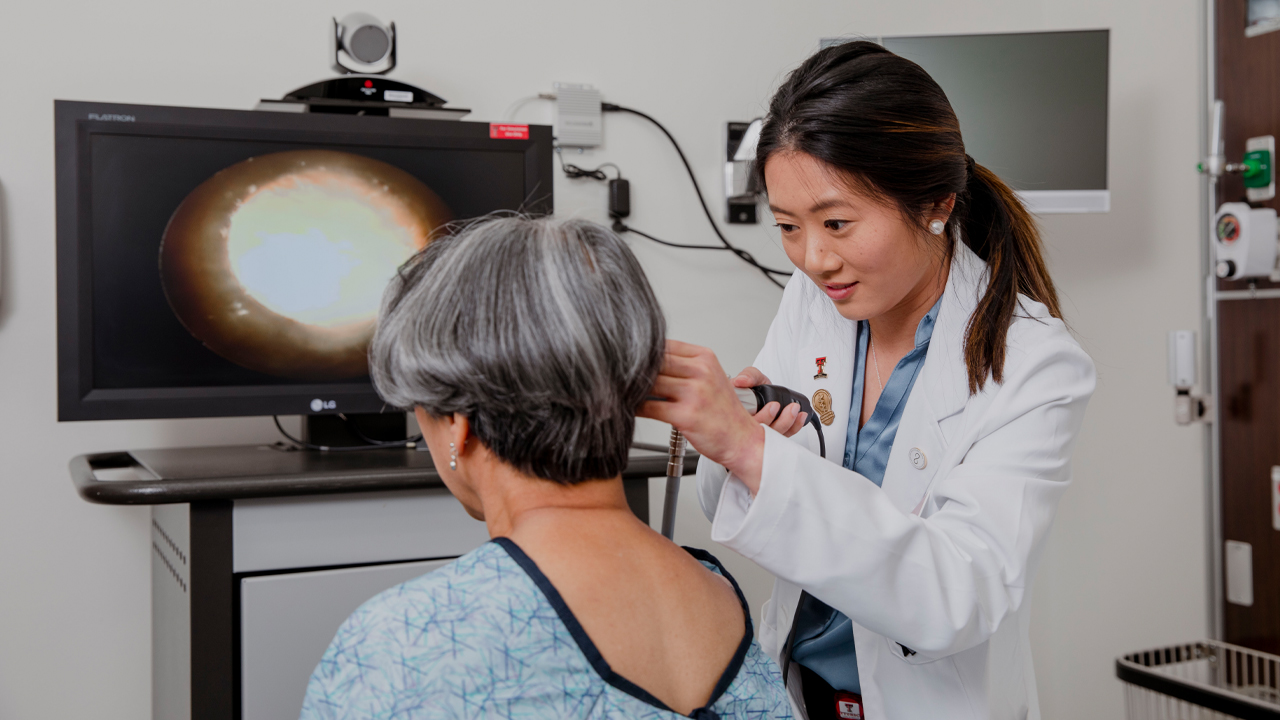Texas Tech Health Sciences Center, courtesy image
If you’ve had a problem finding a doctor or a long wait to see one, there’s a reason. Lubbock and West Texas struggles with a shortage.
In which medical specialties does the area need more doctors?
The first answer: primary care doctors.
That’s especially bad, said Walt Cathey, regional chief executive for Covenant Health, during a public discussion in May. That’s because seeing your family doctor goes a long way to keeping you out of his five Lubbock hospitals.
“We’re roughly 40 primary care doctors short in Lubbock,” Cathey said.
“Endocrinology is another one. There’s only about five endocrinologists in Lubbock. We need about 16. … The one that’s always going to be on the list is psychology. From a psychologist perspective, we’re about 40 short … just for West Texas,” Cathey said.
Lubbock is not unique. And by the way, it’s not just doctors, but also nurses, technicians and other healthcare jobs.
A report in April by the Cicero Institute found only 30 of the 254 Texas counties do not have a health professional shortage. Interestingly, Hockley County was the only place near Lubbock without a shortage. The next closest was Mitchell County, which has I-20 cut through it.
It’s bad all over
“Texas is projected to be short 20,420 doctors. There are only 334 residency slots in Texas for primary care each year,” Cicero reported.
Roughly 45 percent of those residents will practice out of state, Cicero added.
Texas’ physician-to-patient ratio is 26 percent worse than the national average. But it’s 37 percent worse, Cicero said, for patients in critical care and 46 percent worse for those needing a doctor specializing in internal medicine.
“Overall, Texas ranks in the bottom half of states for primary care and physician availability,” Cicero said.
Cicero – based on other sources – projected the nation to run a shortage of 120,000 physicians by 2030.

According to Dr. John DeToledo, executive vice president of the Texas Tech Health Sciences Center, plenty of doctors retired after the COVID pandemic. Among the younger doctors, there is a different approach.
“After COVID, there is much more of a desire to have more of this work-life-balance,” DeToledo said. “It’s not uncommon for us to see situations where there is a retiring senior specialist that it takes two people to cover that person.”
Add these to the list
Doctor Lara Johnson, Covenant’s chief medical officer for the Lubbock Service Area, added to Cathey’s list. As Lubbock residents get older, we’ll need more cardiologists, she said.
“We’re trying to meet that upcoming need for the population,” Johnson said. “There’s also some specialized pediatric services.”
“Covenant Children’s, not quite two years ago, we were able to recruit a pediatric kidney specialist, a nephrologist,” Johnson said. “We’re able to keep those patients here when they’re very sick instead of having to send them to Dallas, Fort Worth or Houston.”
I’s not just highly specialized areas of pediatrics.
“We are still needing more pediatricians. We’ve added several pediatricians in the past few years,” she said.
“We know we have some access issues – like we know it’s a little bit harder to get in to see OBYGNs in our community than we’d like for it to be, especially if you’re a new patient,” Johnson said.
The waiting time can be “several months” especially for a new patient, she said.
The Arrington Cancer Center has six oncologists and there’s an effort to recruit more, Johnson said.
“There are some specialties where there’s a really significant, what we think of as, ‘call burden’ or emergency need,” she said.
Johnson mentioned vascular surgery and hand surgery as examples.
“There will probably always be a few very, very sub-specialized things that we won’t be able to offer here because you just have to be in an urban center with three million or four million people to have an adequate population – things like maybe lung transplant,” she said.

Fix it – start with service
Cathey said doctors are looking for places that offer service and Covenant – a joint venture of Catholics and Methodists – sees itself as ministry. Service to others is a big deal. Covenant uses it for recruiting.
“This year alone, we have hired 27 new doctors just for Lubbock,” Cathey said. Add to that, nine for Hobbs, seven for Plainview and two for Levelland.
Even though Lubbock has a school of medicine, Cathey said he needs to take it one step further.
“When we looked at the research behind it, if you do your field work or your residency – do you know 90 percent of those people stay within 90 miles of that place?”
Getting medical students to spend time at Covenant is one way to reduce chronic doctor shortages locally.
And it’s good for Tech.
“I want to support my university. I graduated three times from that place,” Cathey said.
Speaking of Texas Tech
Roughly 180 medical students graduate each year from the Texas Tech Health Sciences Center according to Dr. DeToledo.
DeToledo started at TTUHSC as the founding chair of the department of neurology. He became vice president and dean of the school of medicine in March.
“This is the best job I have had,” Toledo said. “Every other car in front of you has a Texas Tech sticker. … I have not seen this kind of pride anywhere else I have been. So, they support your school. They promote the school. They partner with the school.”
Covenant and University Medical Center also partner with the school. For example, DeToledo said, it had been a challenge to recruit doctors for emergency medicine.
“About three years ago, we partnered with UMC, and we are now training our own,” DeToledo said. “Another strong partnership we have is with Covenant in the area of stroke.”
The Covenant Medical Center Comprehensive Stroke Center now boasts online about “world class experts.”
“Whenever we have somebody who is from here, who knows the region, is familiar with our people – with the traditions of West Texas – when they train here, it’s much more likely that they would stay in serving this community,” Toledo said.
The ‘Covenant Ready’ program
“We also launched Covenant Ready Live OR which means most of our students and even some of our high schoolers right now can come inside Covenant Health. And they can watch a live OR procedure going on,” Cathey said.
“We’re going to show you what a true surgery looks like.”
Covenant offers a summer camp for middle school students to tour the hospital. There’s also a program to get Texas Tech athletes involved with the hospital as a way of recruiting people for sports medicine.

More hospital space needed
“When we looked at our staff report from last year, roughly 60 percent of the days that we were in operation, we were having to turn away patients because we didn’t have enough beds,” Cathey said.
“We roughly have about 800 beds right now in Lubbock. I’m pushing my group. I think we can be a thousand-bed health system in West Texas,” he said. But that means spending money.
“I am happy to announce that over probably the next seven years, … Covenant is probably going to spend an additional $1 billion in West Texas alone on capital infrastructure,” Cathey said.
“I can promise you the federal government is not paying us more,” Cathey said.
Some of that money can come from commercial real estate development.
“Whenever we put up a new hospital, it’s very interesting. Everybody else starts building around us because we become a really good anchor tenant.”
When Covenant purchased 72 acres at 82nd Street and Marsha Sharp Freeway, a surgical center only needed 15 acres. The rest was set aside either for lease or to be sold in pieces for restaurants, senior housing and multi-family housing.
Nursing too
Texas already had a nursing shortage before COVID.
Johnson said, “For many, the pandemic was that little push they needed to decide to step away from healthcare.”
By the way, COVID still impacts healthcare because the normal flu season was disrupted and unpredictable.
“All bets are off. Everything’s weird. Who knows?” she said.
But 2024 is expected to be more predictable than the last few years.
Texas Tech, Covenant, Lubbock Christian University and South Plains College all have nursing programs.
“We have some programs within Covenant where we may identify an employee who is a nurse assistant or working in the nursing area but not a trained nurse. And we have some pathways for them to go to nursing school.”
More surgical techs
Cathey said, “We have built multiple different programs that our caregivers can actually enroll in. We pay almost all of their cost.”
He put one of those programs to use recently.
“We were having difficulty with surgical techs. … You need surgical techs if you want to run an OR. … So, I challenged our human resources team,” Cathey said.
HR came back to him about two weeks later – having found 42 interested employees in a department called “sterile processing.”
“The limiting factor was none can pay for the schooling. It was three grand. That’s all it was.” Cathey said. Covenant paid and that provided 28 new surgical techs.
Comment, react or share on our Facebook post.


 Facebook
Facebook